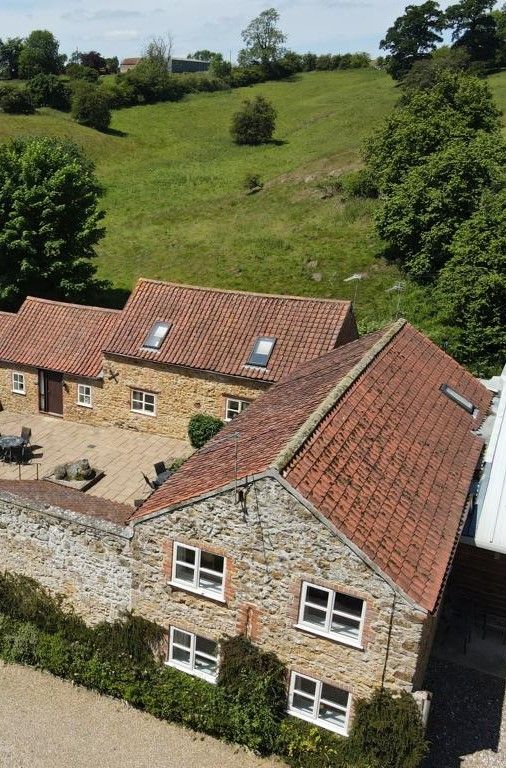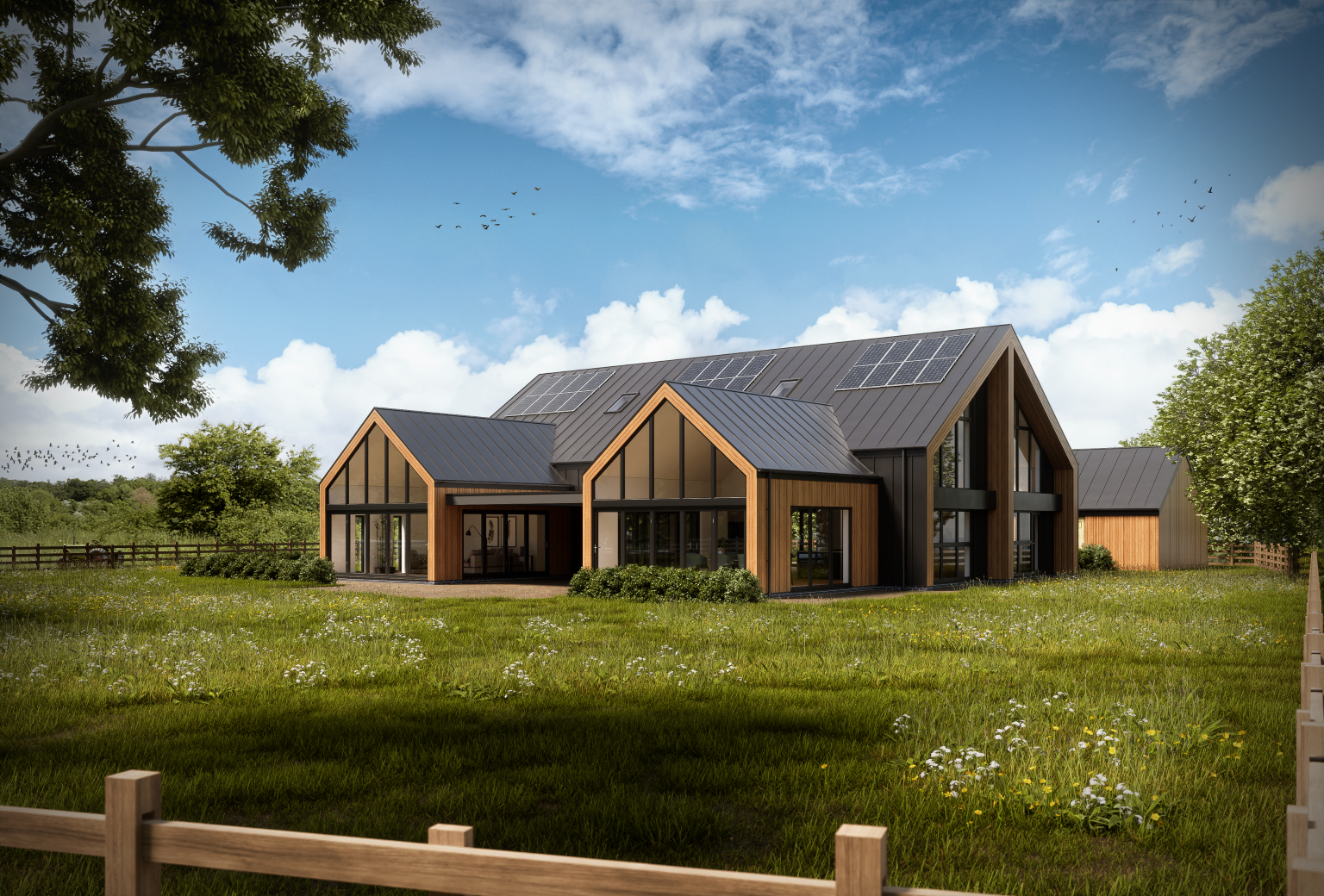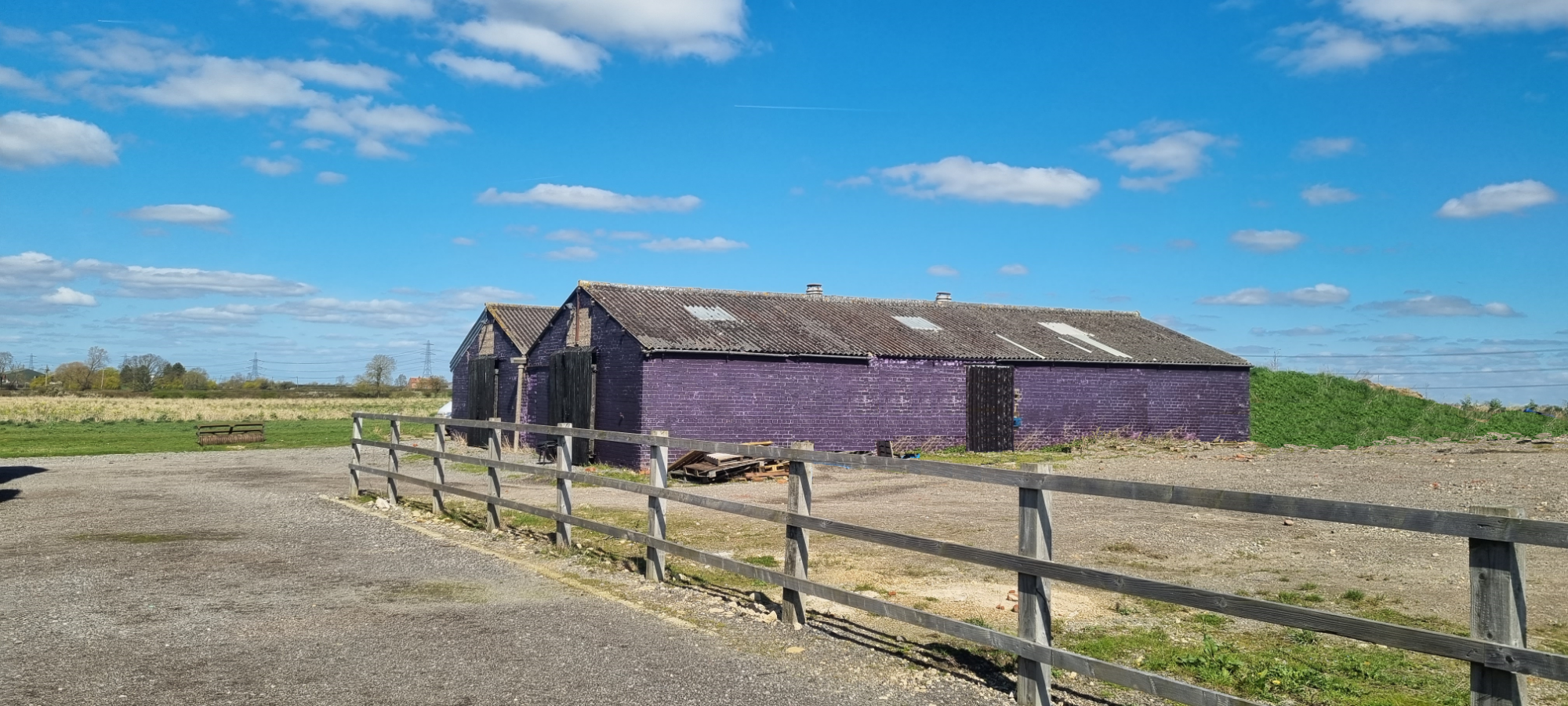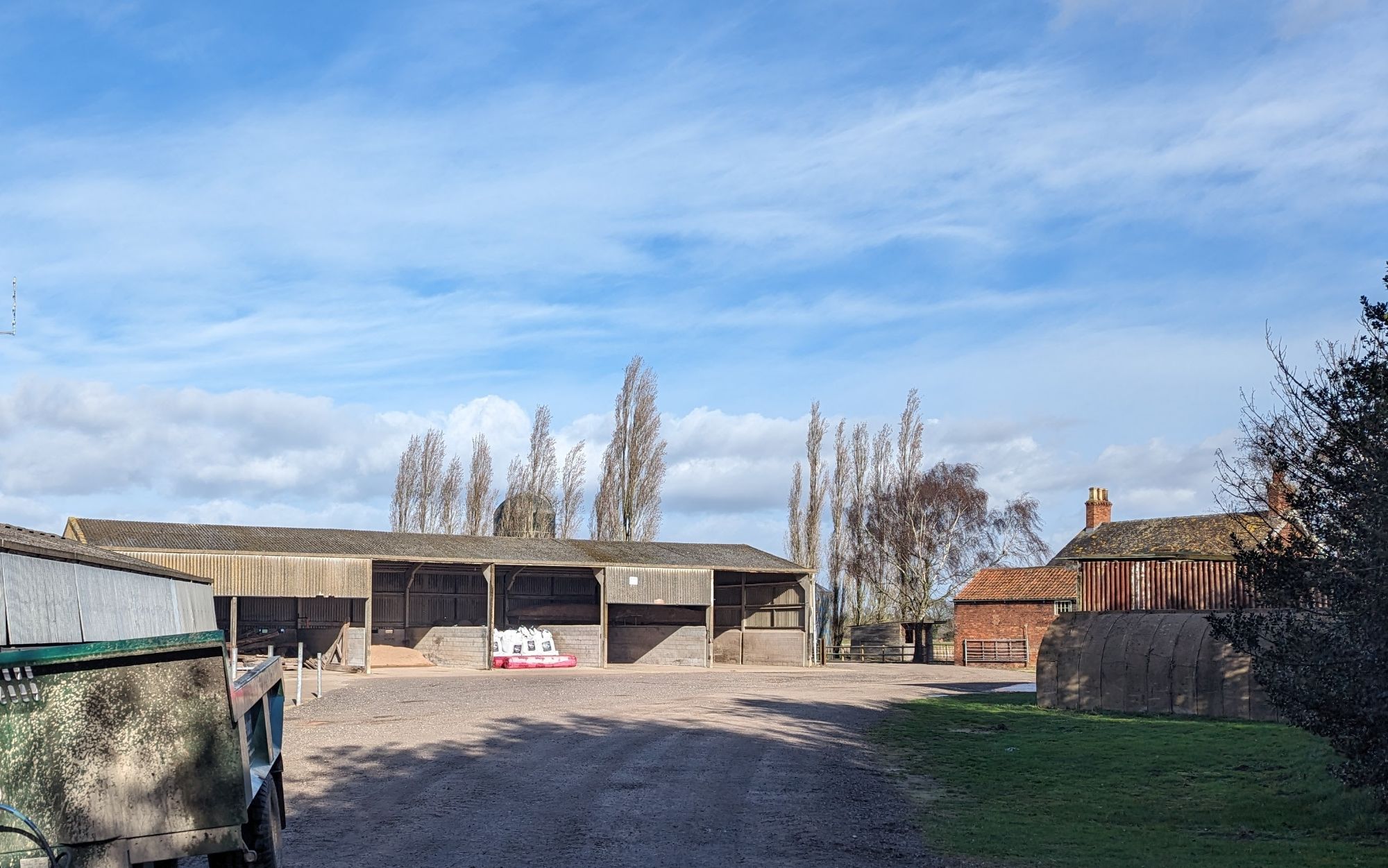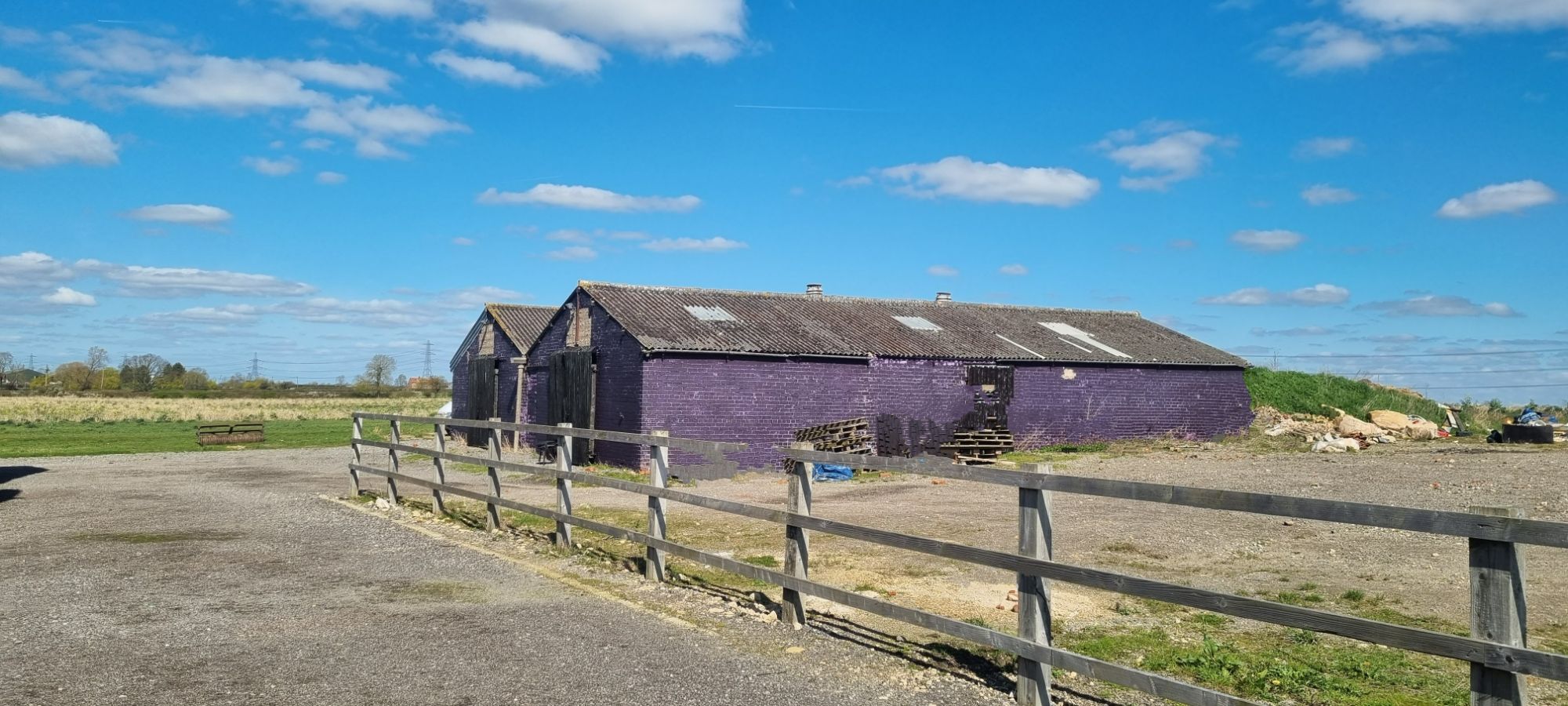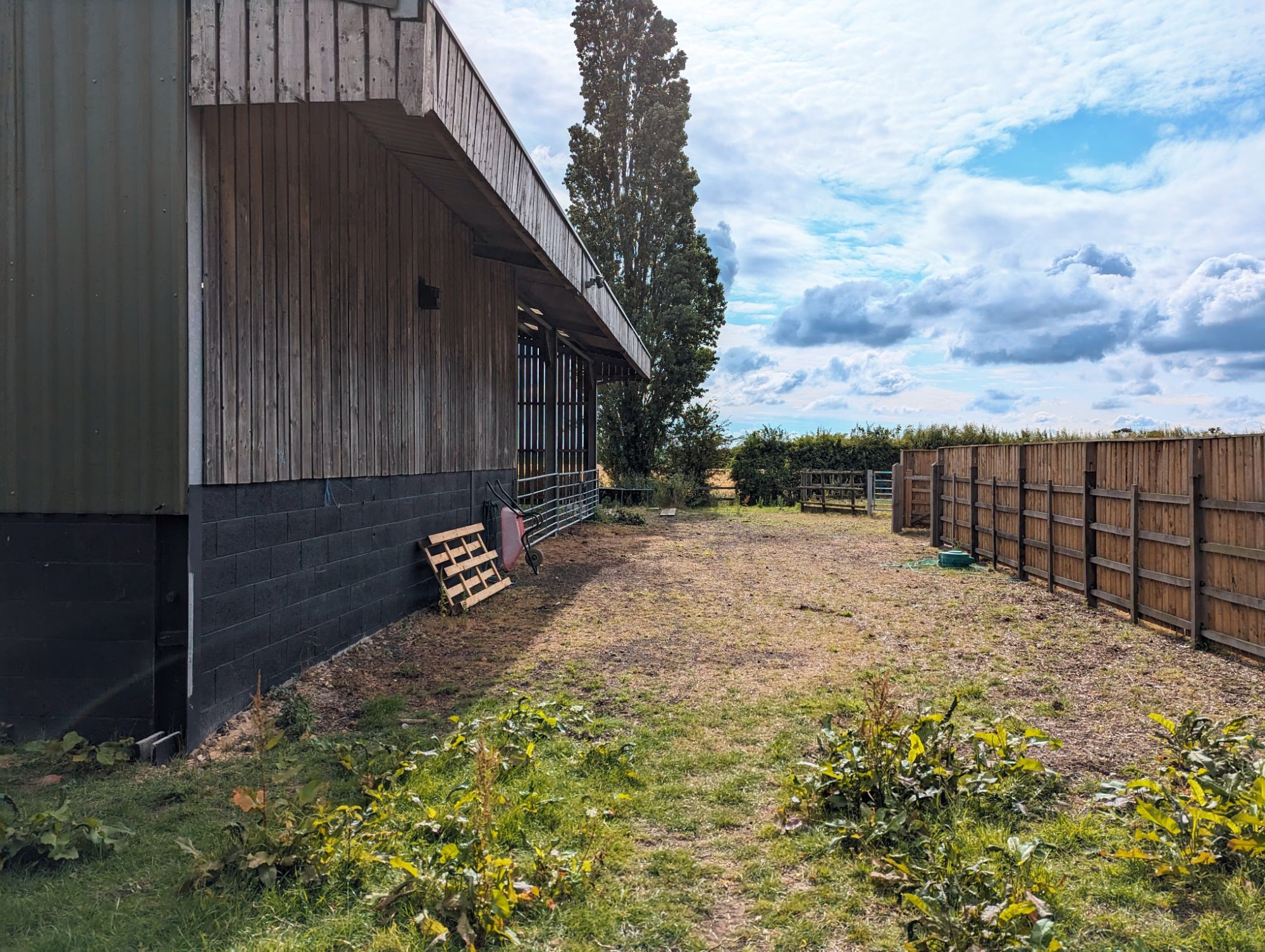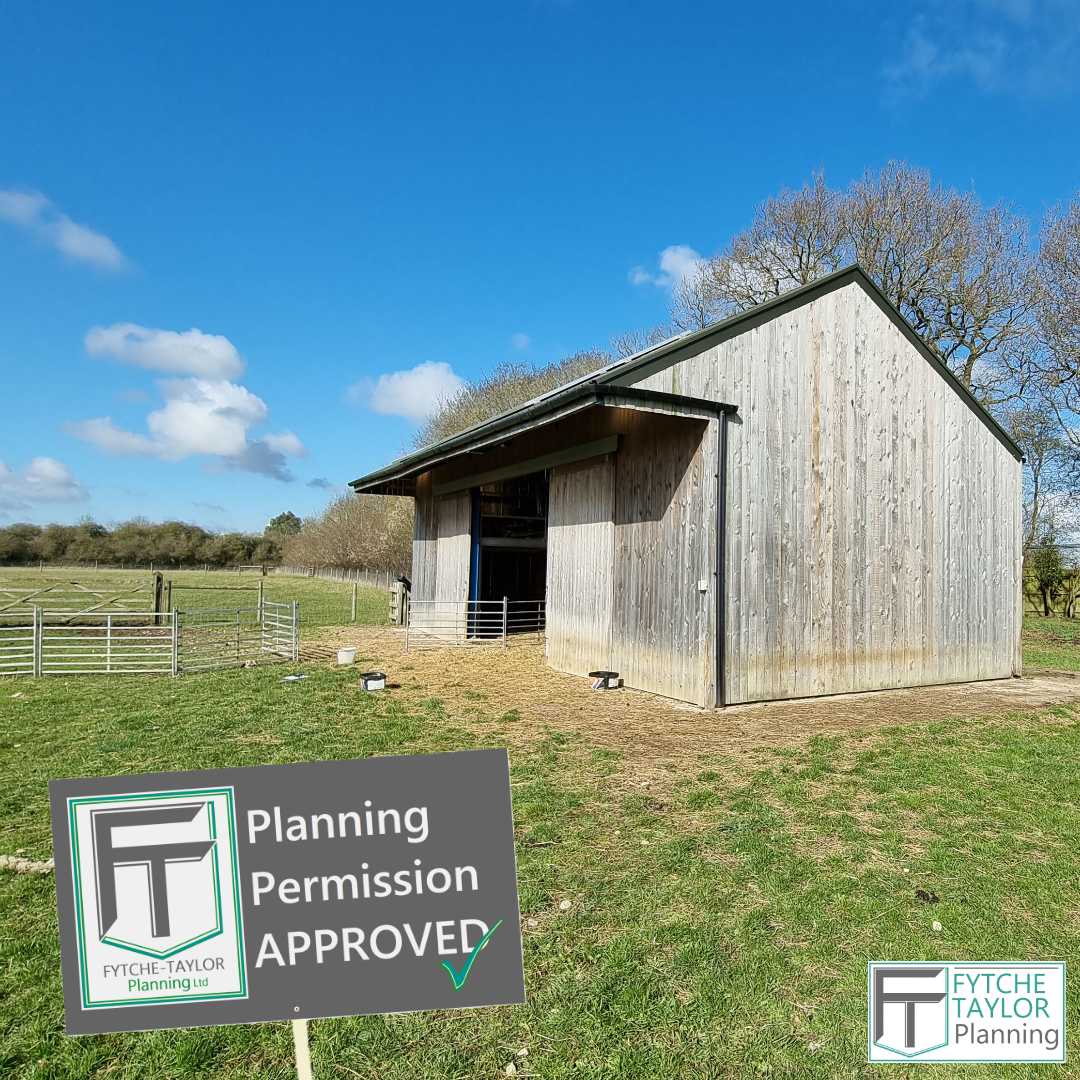Class Q & Class R - Permitted Development Rights - Change of Use of Agricultural Buildings
Class MA - Prior Approval to turn Commercial Buildings into New Homes
Our expert Planning Consultants offer the most accurate and comprehensive advice to support your project
An update to planning rules has added more flexibility for landowners and created fantastic opportunities to covert existing buildings!
A major shake-up in planning legislation means that if you own land with existing buildings on it, there has never been a better opportunity to convert them into homes or business units.
Class Q and Class R were overhauled in May 2024 via amendments to the Town & Country Planning (General Permitted Development) (England) Order 2015, meaning that you can now benefit from more flexibility, create higher numbers of new homes and convert much larger buildings. Along with Class MA (commercial to residential) these positive changes can help farms diversify, enable landowners to generate capital from existing assets and can deliver much needed modern rural homes.
Even if a building is no longer in use, or if you have tried (but failed) to get consent to convert previously, it could well qualify. However, in all cases it requires a detailed understanding of the complex legislation and a meticulous planning case to make use of these opportunities. Fytche-Taylor have an exemplary 100% success rate with all of our Class Q, Class R and Class MA applications- so you really couldn’t be in better hands with our team!
Land promotion from Lincolnshire's top-rated planning consultancy: In addition to buildings, if you have land that you think might have development potential now or in future, we can advise you on how and when to promote your site effectively, with full support during local plan reviews or call for sites.
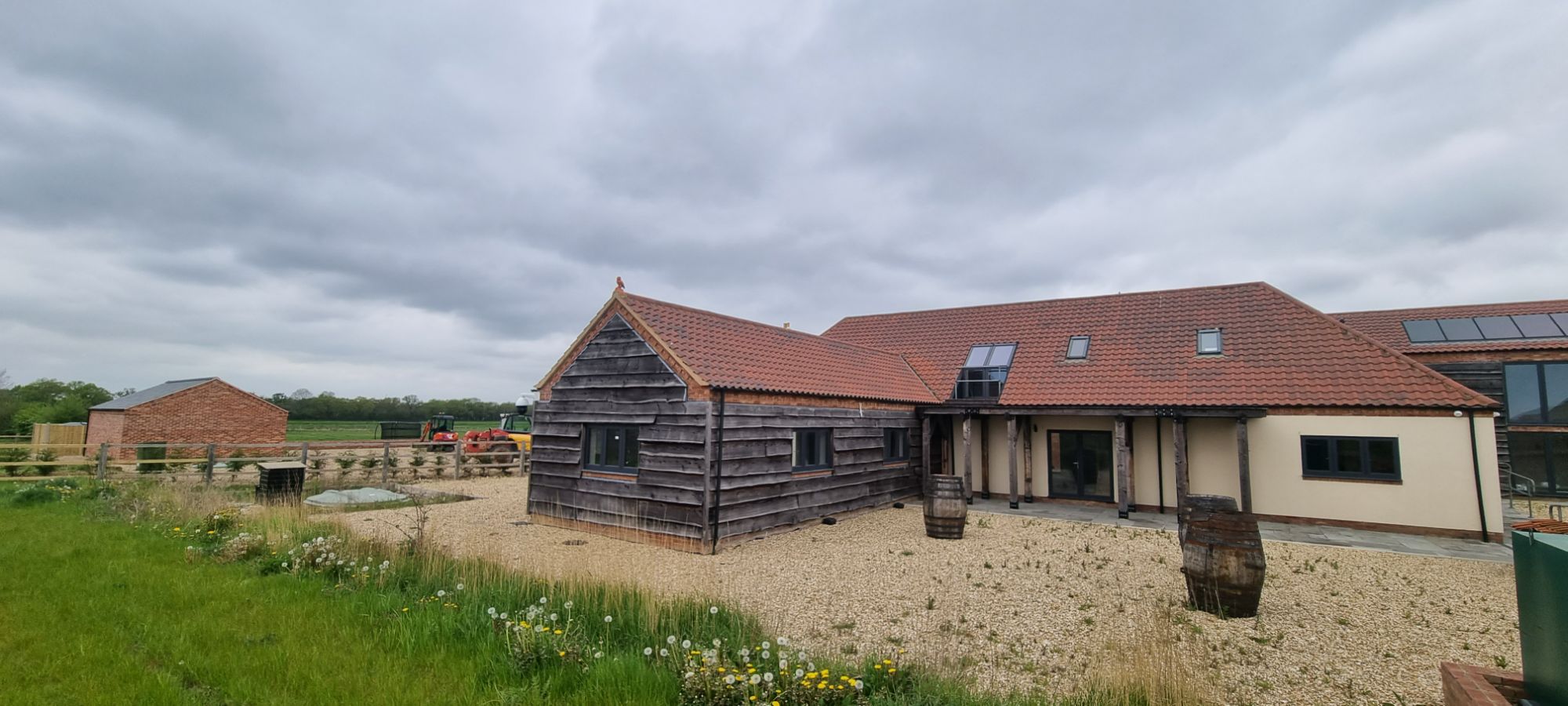
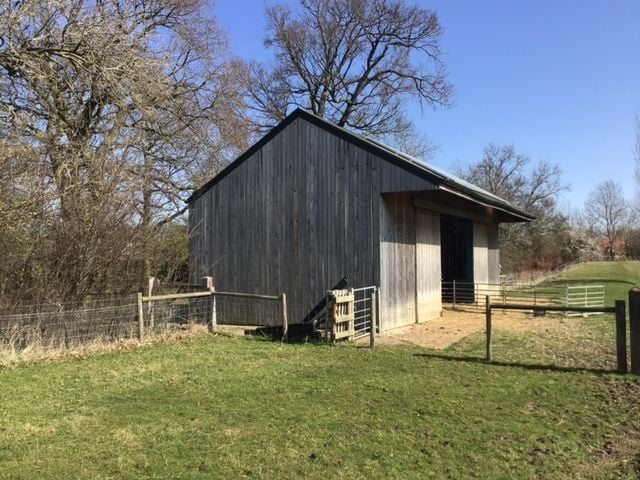
Class Q | Agricultural To Residential Opportunities
We can help you navigate and take advantage of the revised Permitted Development Rights (Class Q) to change the of use and convert former agricultural buildings into unique and bespoke character homes.
With large open spaces inside, agricultural buildings have fantastic potential for conversion and our innovative architectural design solutions have delivered spectacular results for our clients on numerous conversions all over the UK.
Provided certain criteria are met, in many cases it is possible to use 'permitted development rights' contained in the Town and Country Planning (General Permitted Development) Order 2015 – under Part 3 Class Q, to convert redundant agricultural buildings and barns into modern and energy-efficient dwellings.
Where appropriate, this option can be used to create an individual dwelling - or even up to 5 new homes!
There are some restrictions that apply, and it can be a complex process, but here at Fytche-Taylor Planning this is one of our specialist areas and we have built a solid reputation for achieving great outcomes for our clients - including using Class Q as fallback position to create new-build dwellings in rural locations, just like we did in Hardwick, as explained in one of our case studies below (click to read more on each case study).

Class Q Fallback Opportunity
If you have had a ‘Class Q’ conversion approved (or Class MA Commercial to Residential) – do you know about the 'fallback opportunity’ too?
The recent shake-up in planning rules, which many are dubbing the ‘Clarkson Clause’ in honour of Diddly Squat’s triumphant owner, mean that the opportunities for converting agricultural buildings for residential or commercial use has never been better.
But it doesn’t stop there! Numerous caselaw examples have provided a further opportunity too. The fall-back position means that if you have secured Class Q you may be able to get full planning permission for a new-build instead. That’s what we did here, and this plot is now being sold with full planning permission meaning that the old agricultural building can be demolished to make way for an entirely new home – a much better option!
If you have an existing Class Q or would like to explore a new conversion under Class Q (or Class R for commercial) get in touch with our expert team of Planning Consultants and let’s plan something great together!
Class R - Agricultural To Commercial & Class MA - Commercial to Residential
Our clients regularly come to us seeking advice on how to maximise the value of their land and assets - including farm diversification and ways to use their agricultural buildings to generate an income from other uses, including commercial storage and other business opportunities.
If this sounds like you too, then 'Class R' Prior Approval may be the answer you are looking for! We can help you every step of the way, talking through the options and navigating the ever-complicated planning system.
There are opportunities with commercial buildings too! Class MA allows existing commercial properties to be converted into new dwellings subject to certain criteria. See an example of a recent Class MA project here.
This new flexibility is great for landowners and developers and means that whatever type of redundant building you own, our experienced Planning Consultants can help you to unlock a range of alternative uses for the site and increase its value.
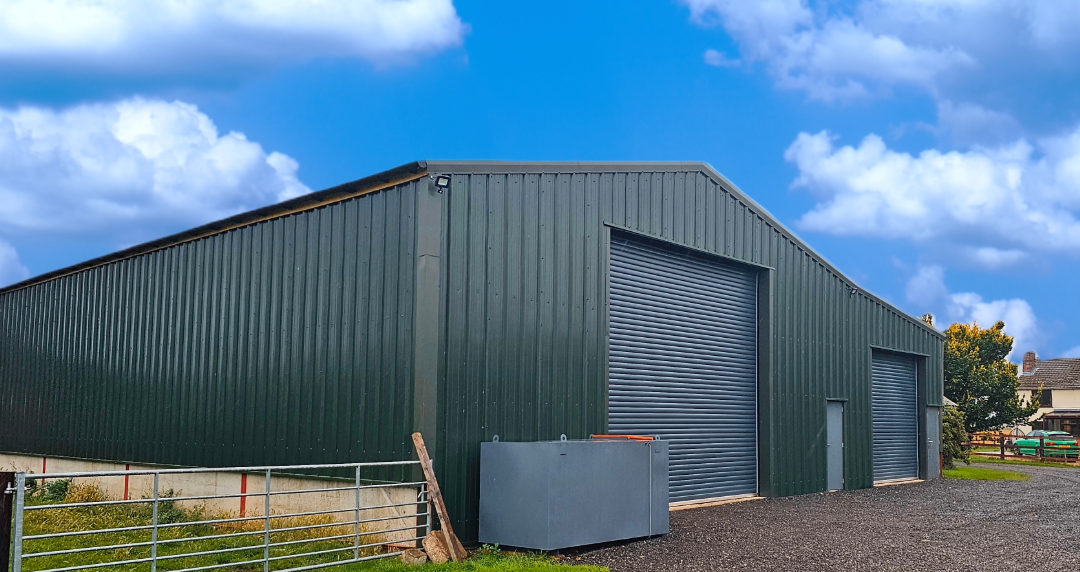
If you own agricultural buildings Class R offers a great way to earn potential rental income!
Class R regulations came into force in April 2015 under the Town and Country Planning (General Permitted Development) Order 2015.
'Class R' allows the conversion from agricultural buildings to commercial (including storage and office space) using permitted development rights, subject to specific limitations and certain conditions. Contact us today to discuss Change of Use.
This can be an incredibly worthwhile process - take a look at one of our recent projects in Hardwick and this one in Billinghay to see how we did it (click to open in a new tab).
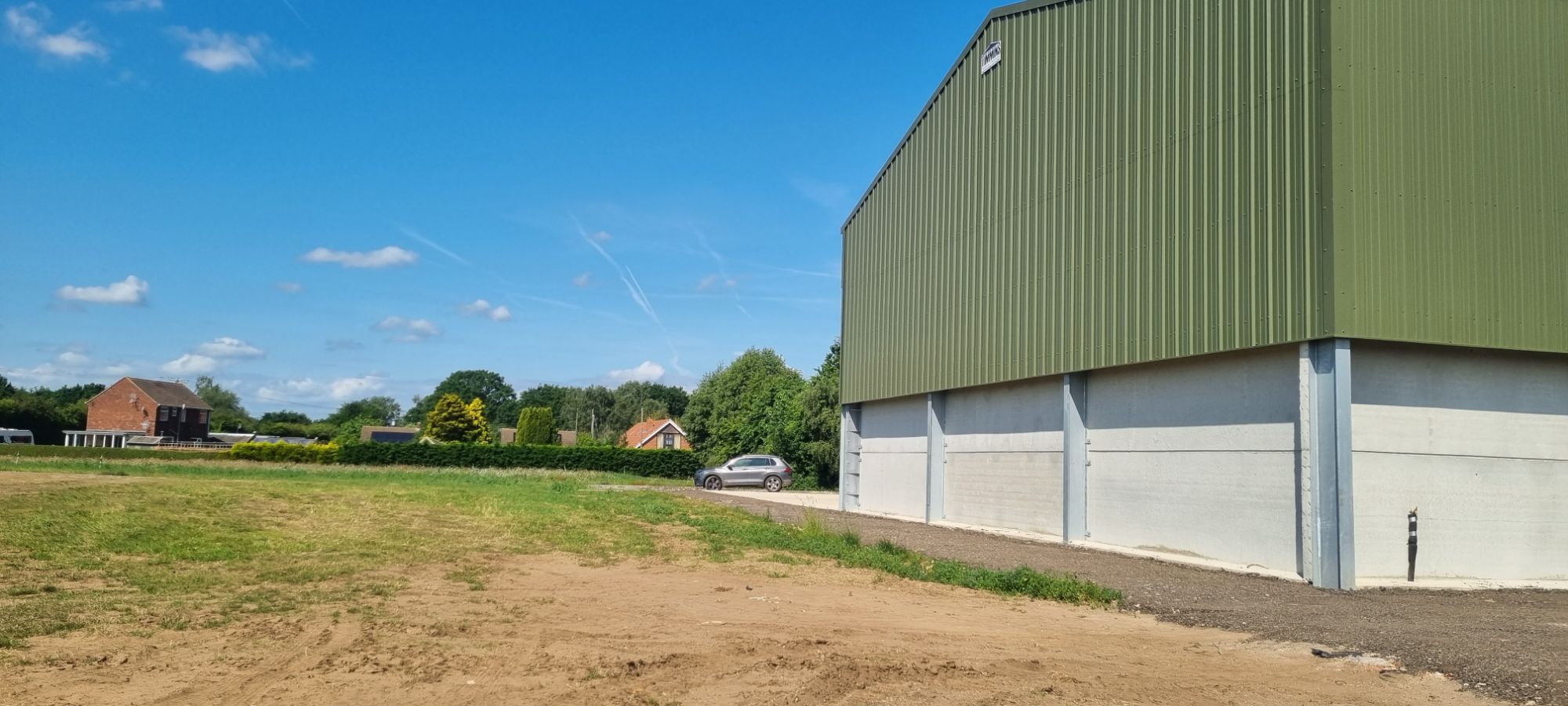
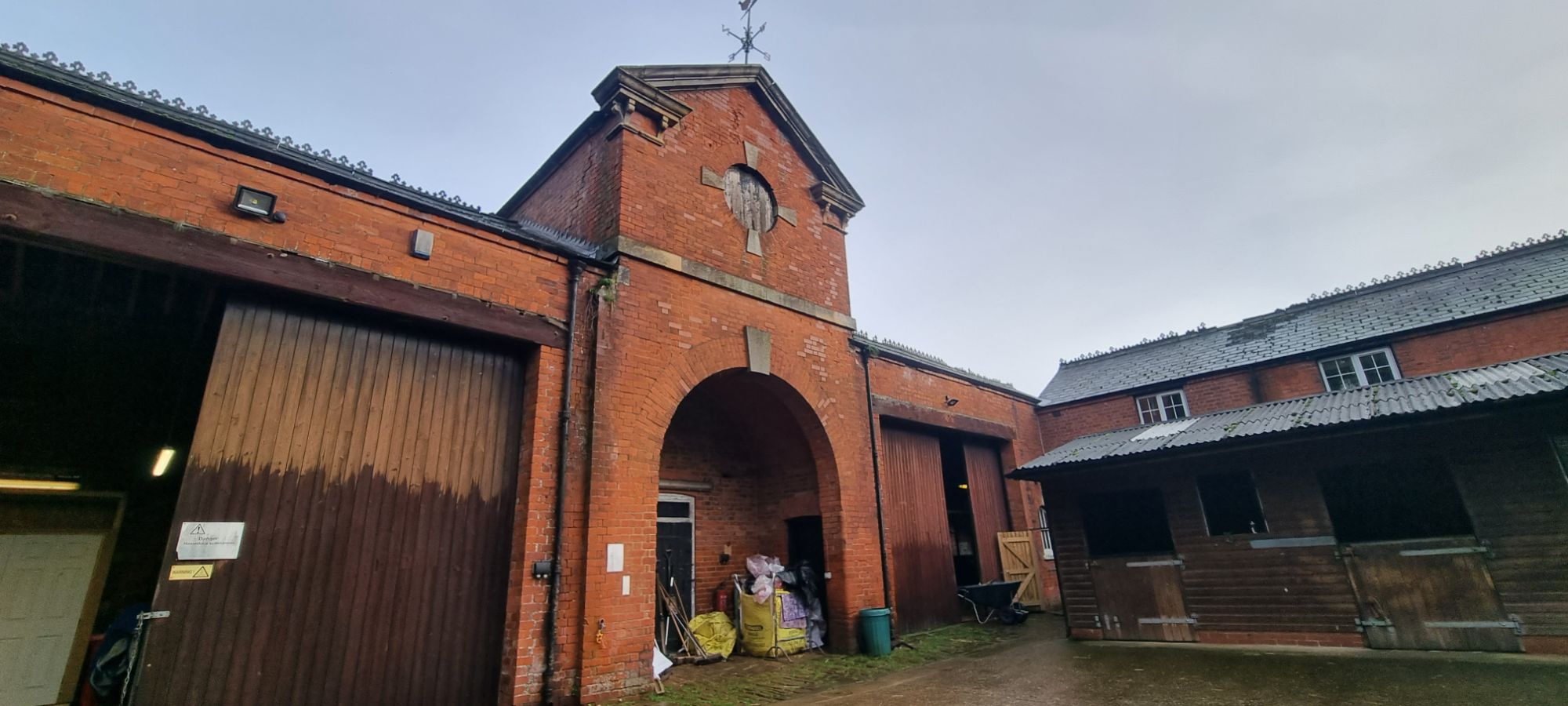
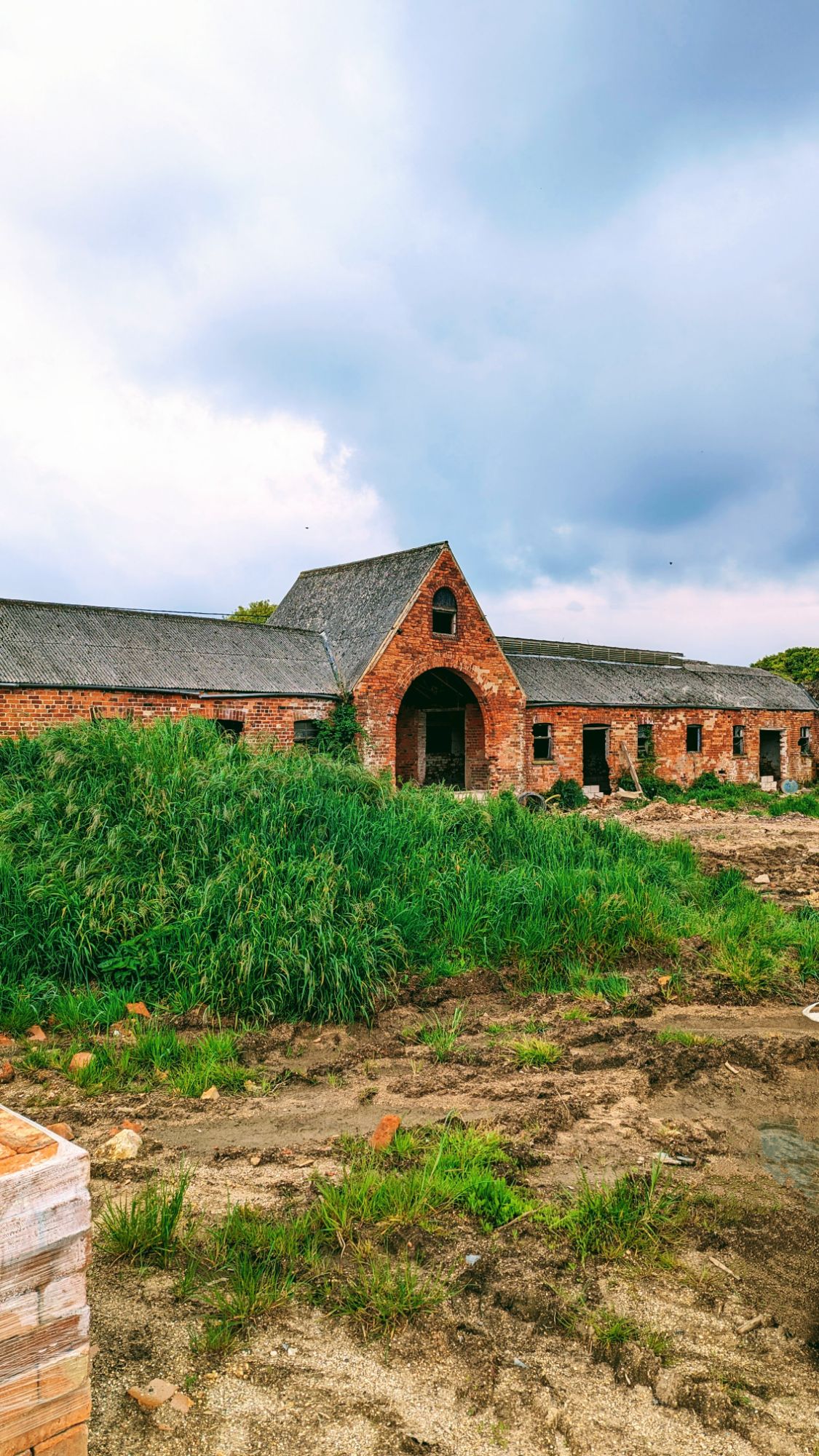
Heritage Barn Conversion?
If your building is a little older then you're in great hands with Fytche-Taylor Planning. With our combined experience across planning, heritage and construction, we are specialists in Barn Conversions for older buildings that require full planning permission or listed building consent. Click here to see more about our specialist Barn Conversion services - including advice, full architectural design and assistance through the complex Planning Application and Building Regultaion requirements.
"Very impressive level of knowledge and helpful throughout. An outstanding level of knowledge and helpful in arranging everything on our behalf. These guys really work hard to listen to their clients and we would definitely recommend them. Thank you for everything you did for us"
Not Eligible for Class Q? When might Planning Permission be needed instead?
If your building does not meet the criteria for conversion, then planning permission will be needed to formally change the use of the building. In the case of conversions, permission is necessary where any works meet the statutory definition of ‘development’, as set out in section 55 of the Town and Country Planning Act 1990. ‘Development’ includes:
- building operations (eg structural alterations, construction, rebuilding, most demolition);
- material changes of use of land and buildings;
- engineering operations (eg groundworks) and mining operations;
- other operations normally undertaken by a person carrying on a business as a builder.
- subdivision of a building (including any part it) used as a dwellinghouse for use as 2 or more separate dwelling houses
The categories of work that do not amount to ‘development’ are set out in section 55(2) of the Town and Country Planning Act 1990. These include, but are not limited to the following:
- interior alterations (except mezzanine floors which increase the floorspace of retail premises by more than 200 square metres)
- building operations which do not materially affect the external appearance of a building. The term ‘materially affect’ has no statutory definition, but is linked to the significance of the change which is made to a building’s external appearance.
- a change in the primary use of land or buildings, where the before and after use falls within the same use class.
Why us? We are proud to have achieved a solid reputation for successfully obtaining planning permission for a broad range of developments, ranging from bespoke individual properties, conversions and extensions through to some of the region’s largest new housing developments and regeneration projects - plus a range of commercial, leisure and sports developments.
You are in safe hands usings our advice and design services - to date, all of the applications we submitted on behalf of our clients for barn conversions have gained planning approval.
However, if you havent used us and your project has not tuned out as you'd hoped and even if your used a different architect or planning consultants, we can help!
Contact us and let's get started!
